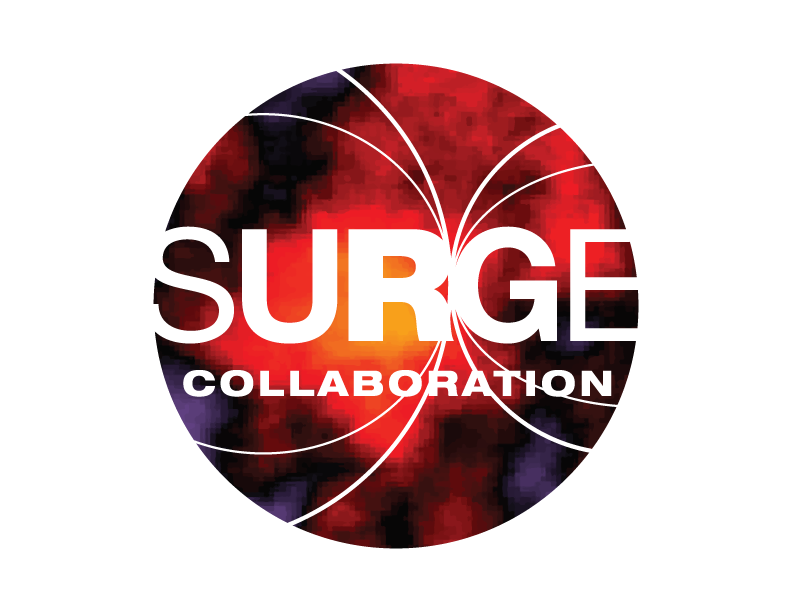Motivation
The three-dimensional imaging (tomography) of the quark-gluon distributions is a cornerstone of the worldwide nuclear physics theoretical and experimental programs. The EIC is expected to extend this imaging to sea quarks and gluons with unprecedented accuracy. The description of specific aspects of the hadronic structure is provided by several different components: form factors, usual parton distribution functions, and distribution amplitudes among many others. Generalized Parton Distributions (GPDs) offer an elegant framework for describing the effects of parton polarization and orbital motion (transverse momentum) in hard scattering processes and offer possibilities to visualize the nucleon as an extended object. They are nowadays the subject of an intense research effort with the perspective of understanding nucleon spin and the gravitational form factors. The best-known high-energy processes to access GPDs are deeply virtual Compton scattering (DVCS) and hard exclusive meson production.
At present, our knowledge regarding GPDs is constrained by the limited amount of experimental data. While fixed-target DVCS measurements provide some insights in the intermediate to high-x region, data from HERA have contributed to our understanding of the GPDs in the low-x regime. However, with the ongoing JLab 12 GeV program, we can anticipate a wealth of new data that will significantly enhance our knowledge of GPDs. To fully capitalize on these experimental and theoretical efforts it is crucial to foster a structured connection between theory, experiment, and phenomenology.
In this workshop, we will bring together leading experts in hadron physics from the theoretical, phenomenological, and lattice QCD (LQCD) as well as experimental communities. The aim of the workshop is to examine the theoretical components that need to be incorporated, challenges and opportunities in different LQCD formalisms for computing hadron properties non-perturbatively from the underlying fundamental theory, and the requirements for an analysis framework of experimental data. The outcome of the workshop will be a white paper, and the establishment of a collaborative effort aimed at tackling these challenges, and ensuring that the resulting framework can be applied across the emerging theoretical and experimental programs.
Workshop Organizers
- Shohini Bhattacharya (RBRC/BNL)
- Adrian Dumitru (Baruch College, CUNY)
- Yoshitaka Hatta (RBBC/BNL)
- Raza Sabbir Sufian (RBRC/BNL)
- Swagato Mukherjee (BNL)
Accommodations
This event does not have a hotel room block. Participants should make their hotel reservation. When booking your reservation, you may need to guarantee your room with a credit card. Remember to ask about their cancellation policy and if they offer shuttle service. Details
Join Remotely
The connection information will be provided via email to registrants prior to the event. Please do not give out this connection information. It is only for registered attendees. Contact the workshop coordinator if you have questions or are having connection issues.
Important Dates
| October 12, 2023 | General registration opens |
| January 1, 2024 | General registration closes |
| December 20, 2023 | Additional non-U.S. citizens registration deadline for all participants who do not have an active appointment with Brookhaven Lab. You will be directed to the appropriate form once you have completed the event registration. |
Workshop Information
Note: This event falls under Exemption E (Meetings such as Advisory Committee and Federal Advisory Committee meetings. Solicitation/Funding Opportunity Announcement Review Board meetings, peer review/objective review panel meetings, evaluation panel/board meetings, and program kick‐off and review meetings, including those for grants and contracts.)
Workshop Support
This workshop is partly supported by the SURGE topical collaboration funded by DOE.




